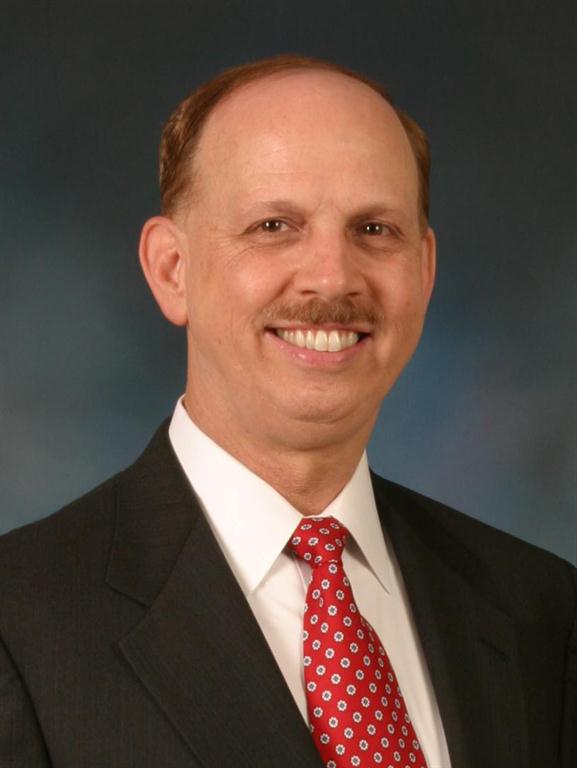Call: (407) 331-6620 or (850) 439-1001
Toll-free: (888) 331-6620

By George F. Indest III, J.D., M.P.A., LL.M., Board Certified by The Florida Bar in Health Law
Testing positive for any drug, as defined in s.112.0455, on any confirmed preemployment or employer-ordered drug screening when the practitioner does not have a lawful prescription and legitimate medical reason for using the drug.
1. Innocent or accidental investigation of a controlled substance. This may be a successful defense (actually an “affirmative defense”) where you can actually prove where the drugs came from and how you accidentally or unknowingly consumed it. For example:
– A neighbor giving you a cookie containing marijuana, without your knowledge;
– Taking an over-the-counter cough medication containing alcohol; or
– Drinking tea made from coca leaves given to you as a gift not knowing it contained cocaine.
2. Drug test not conforming with Section 112.0455, Florida Statutes. If the drug test given to you did not meet the requirements of Section 112.0455, Florida Statutes, this may be a successful defense. The procedures set forth in the statute must be followed or the test will be disallowed by an administrative law judge.
3. Chain of custody and handling problems. Where a collection source fails to follow the appropriate procedures in handling collected specimens and tracking them, this can provide a defense. Examples we have seen include:
– Incorrect name or social security number on a specimen.
– A specimen bottle/tube not properly sealed.
– Leaking specimens.– Failure to properly refrigerate specimens when required.– Failure to immediately label and seal the specimen in the presence of the sample donor.
– A false positive test. I mention this possibility with reluctance because it is so difficult and costly to prove, yet we know it happens. You will need to retain the services of expert witnesses in lab chemistry and other specialties if you hope to succeed on this defense.
1. Obtaining test reports from other pre-employment and employer-ordered drug tests.2. Placing the individual on our own program of random drug testing up through the time of the hearing to show he or she is not currently using any drugs (or alcohol) and is not impaired.3. Having the individual evaluated by a physician who is a certified addictions professional or who specializes in substance abuse or addictions medicine.4. Obtaining evidence (documents and witnesses) of the person’s good character and moral integrity, including, for example, documents from a military service record, statements from former supervisors, etc.5. Taking a polygraph examination (lie detector test) regarding the issue of whether the individual knowingly took a drug. Note, however, this may not be admissible if the other side objects to it.
1. There are legal deficiencies in the ESO. For example, it fails to state that a positive, employer-ordered drug test was a “confirmed drug test as defined in Section 112.0455, Florida Statutes.”2. Where less restrictive measures are available, such as a restriction that would suffice to protect the public. For example, a physician or nurse might argue that he or she is currently in an administrative job not providing patient care, so no suspension is or was warranted, but was tried.
Main Office • 1101 Douglas Avenue, Suite 1000, Altamonte Springs, FL 32714 Telephone: (407) 331-6620
By Appointment • 37 N. Orange Avenue, Suite 500, Orlando, FL 32801 Telephone: (888) 331-6620
By Appointment • 201 E. Government Street, Pensacola, FL 32502 Telephone: (850) 439-1001 • Telefax: (407) 331-3030
By Appointment: 201 St. Charles Avenue, Suite 2500, New Orleans, LA 70170
By making this website information available for those who access it does not constitute doing business in or having a presence in any state or jurisdiction, nor does it constitute an advertisement sent to or a solicitation made in any state or jurisdiction. This firm is located in and maintains a presence in only those states where the firm maintains an actual physical office. Its attorneys are only admitted to practice in those states specifically listed on their resumes.
Available in the following states: Alabama, Alaska, Arizona, Arkansas, Connecticut, Delaware, Florida, Georgia, Hawaii, Idaho, Illinois, Indiana, Iowa, Kansas, Kentucky, Louisiana, Maine, Maryland, Massachusetts, Michigan, Minnesota, Mississippi, Missouri, Montana, Nebraska, Nevada, New Hampshire, New Jersey, New Mexico, New York, North Carolina, North Dakota, Ohio, Oklahoma, Oregon, Pennsylvania, Rhode Island, South Carolina, South Dakota, Tennessee, Texas, Utah, Vermont, Washington, West Virginia, Wisconsin, and Wyoming
Disclaimer | Terms of Representation
“The Health Law Firm” is a registered fictitious business name of and a registered service mark of The Health Law Firm, P.A., a Florida professional service corporation, since 1999. Copyright © 2024 The Health Law Firm. All rights reserved.